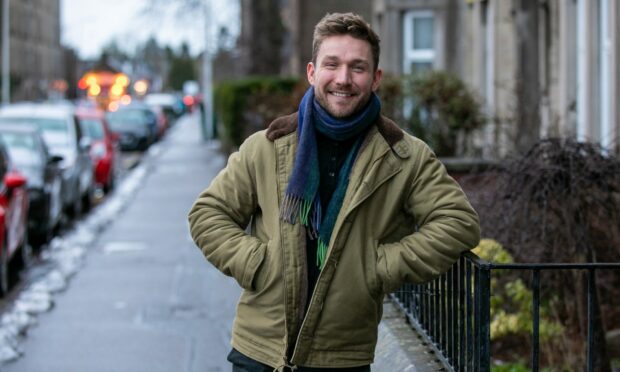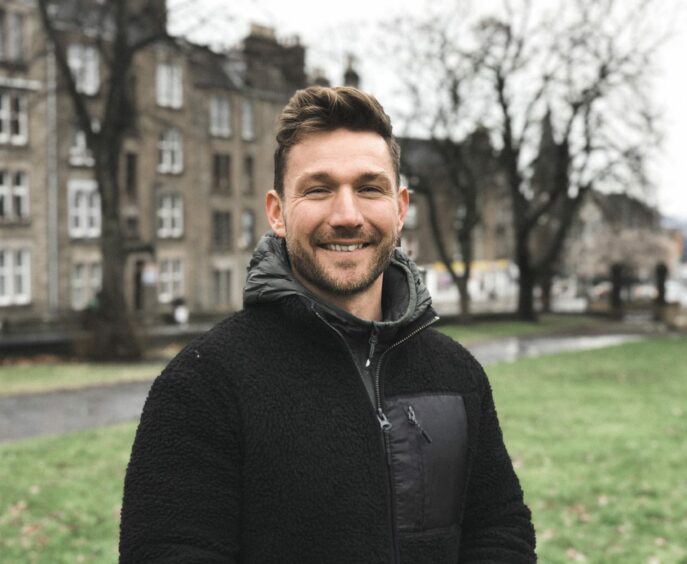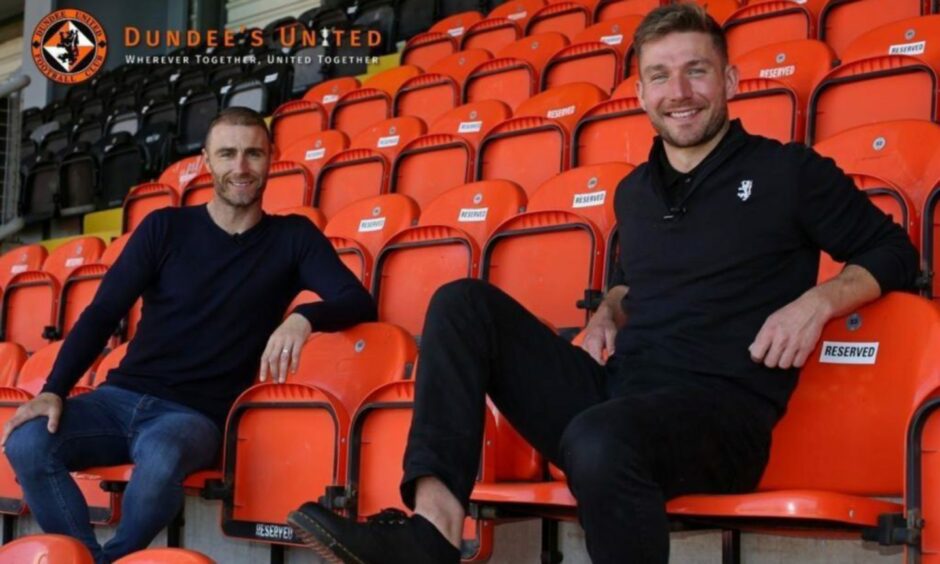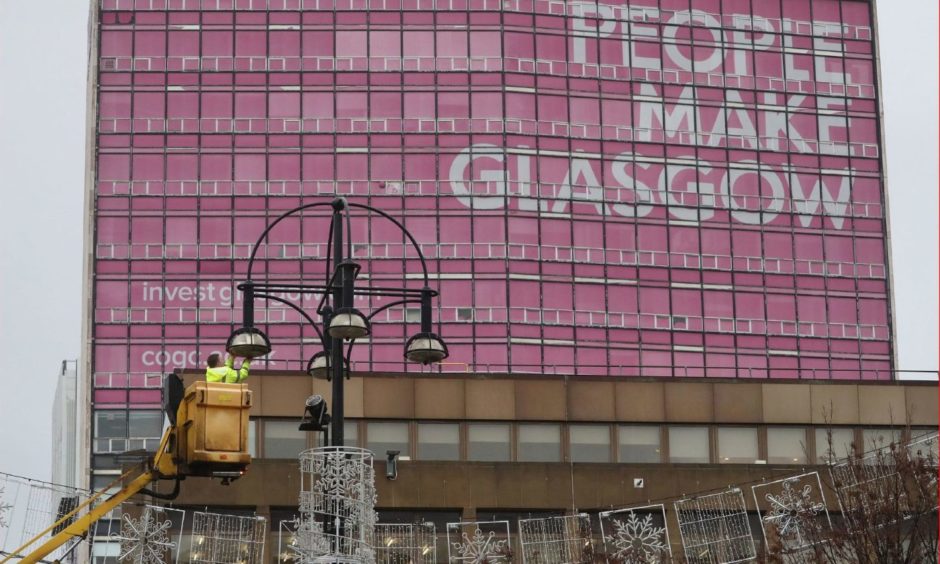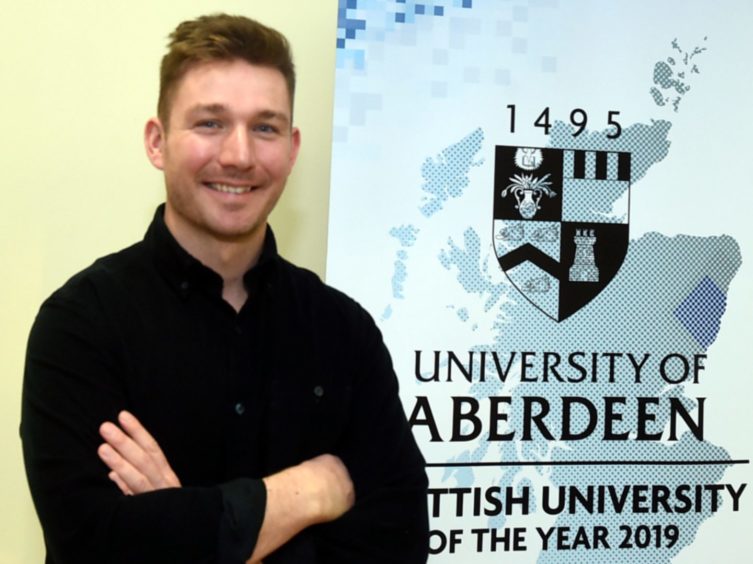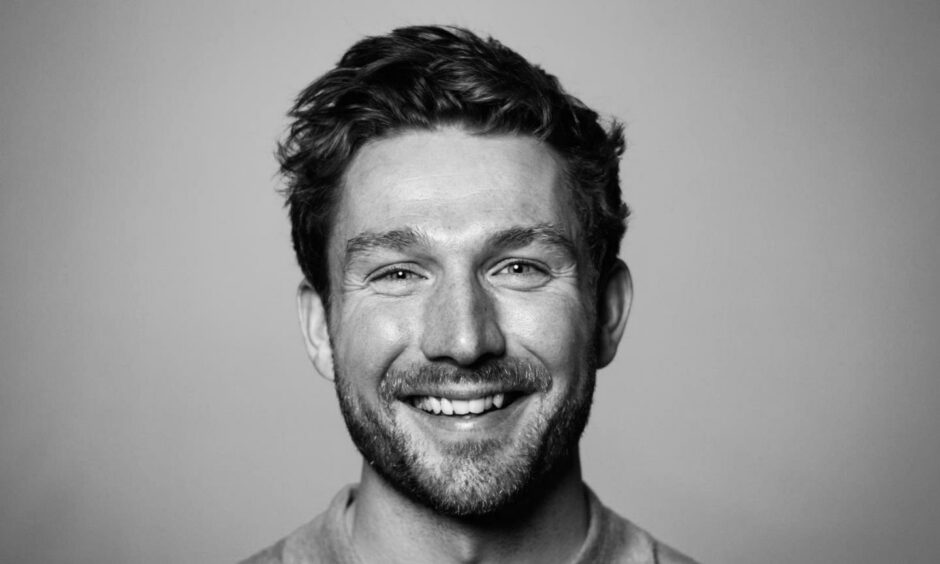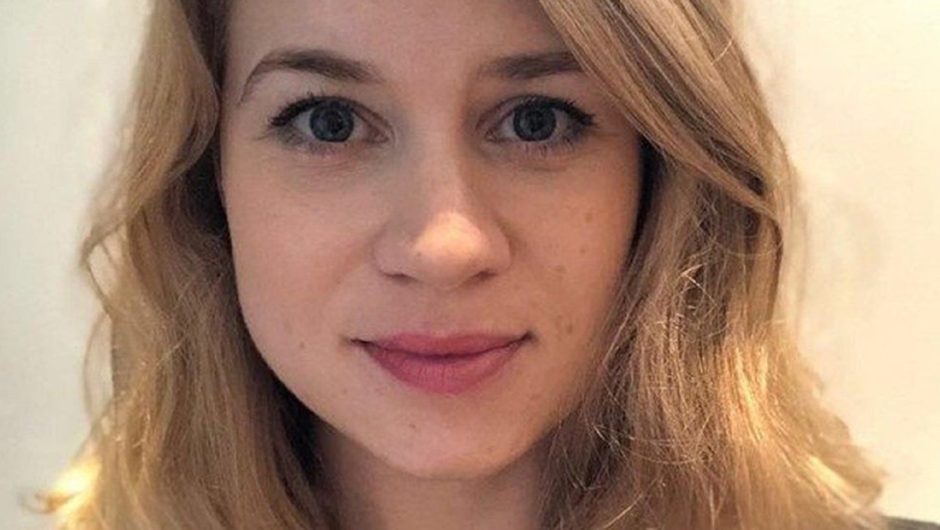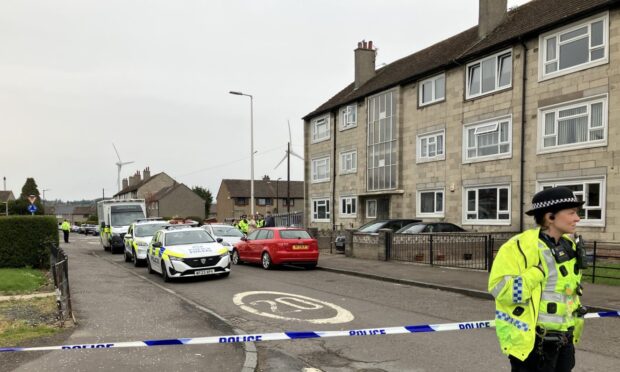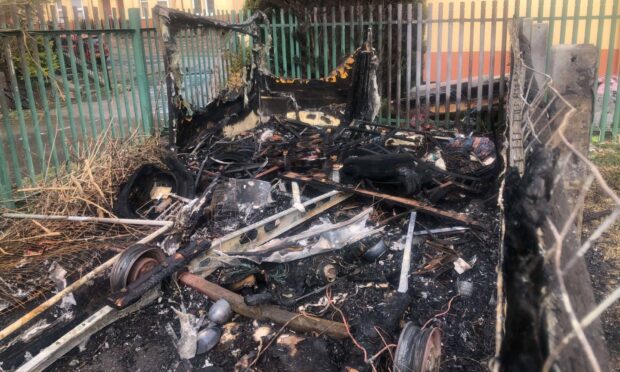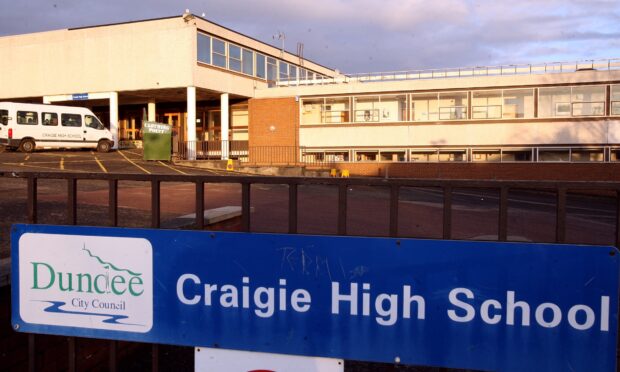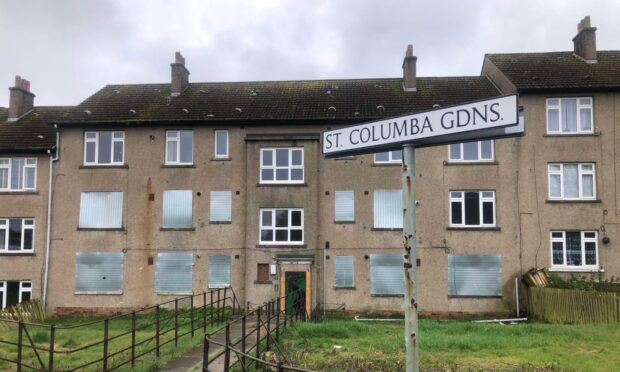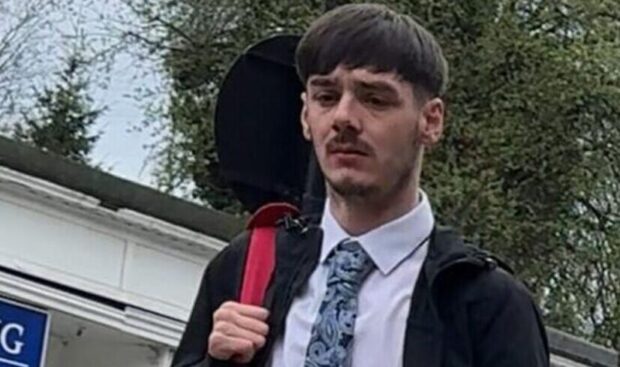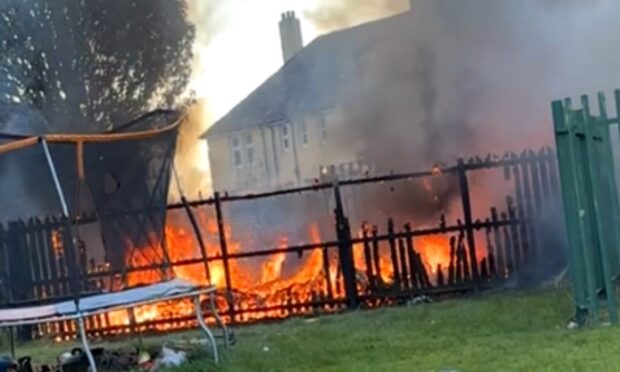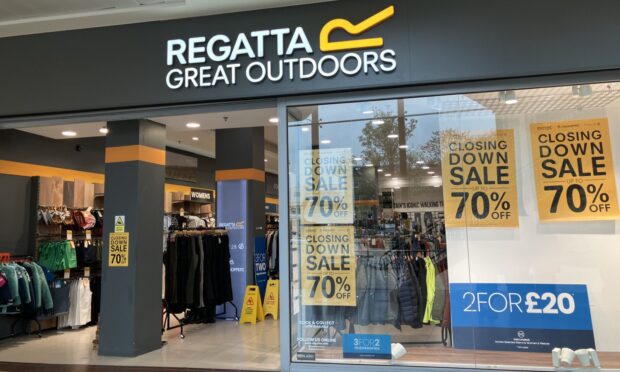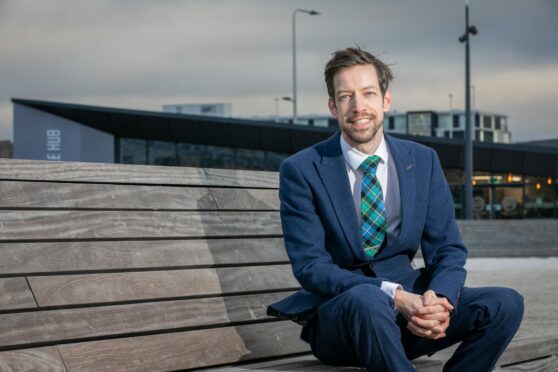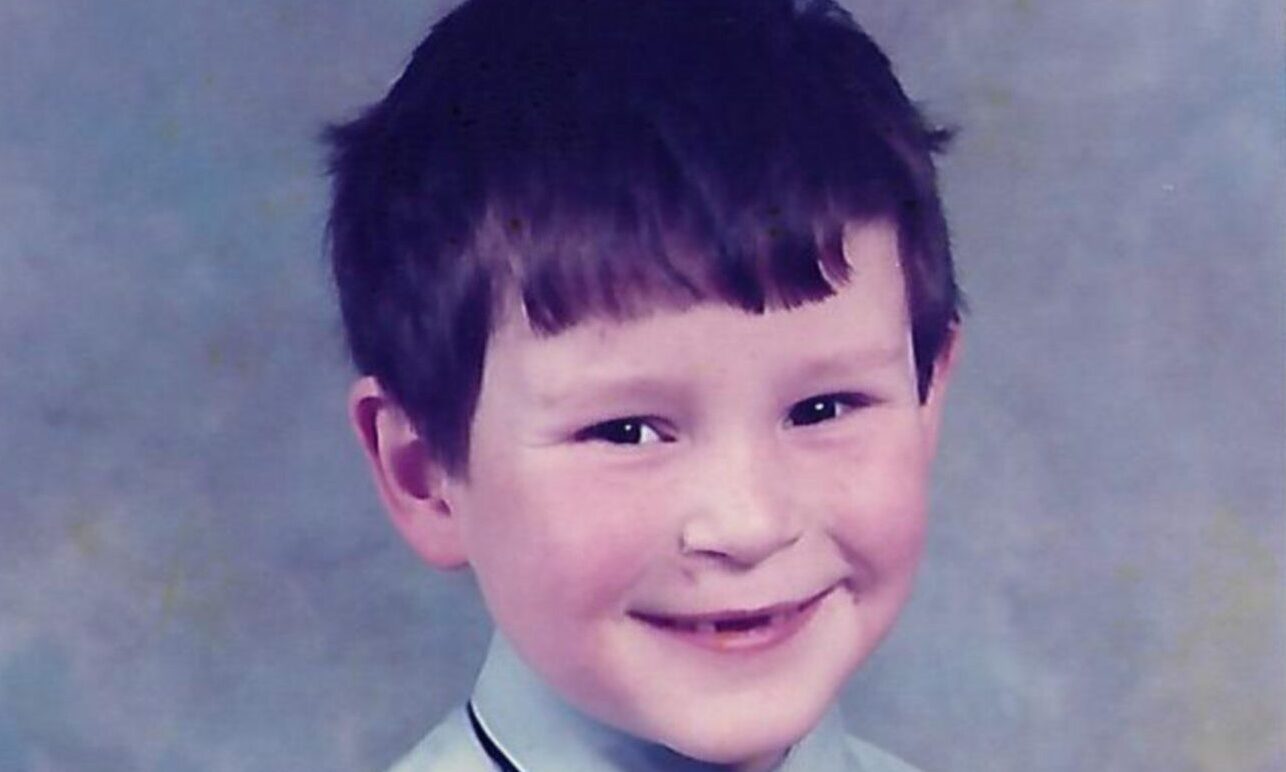Michael Alexander speaks to Angus-raised presenter Alistair Heather who, in a new BBC radio documentary, concludes that men could do much more to end misogyny.
In the opening scene of new BBC Radio 4 documentary ‘Am I That Guy’, Labour MP Jess Philips stands up in the House of Commons to read out her annual list of women killed by UK men in the previous 12 months.
This year, the list – provided by the Counting Dead Women project – took nearly six minutes to read.
When Angus-based Courier columnist and presenter Alistair Heather hears that list, he thinks “that’s awful” and it “makes my skin crawl”.
But at the same time, he admits he didn’t used to think it was anything to do with him.
“I’m not one of those monsters, and neither are my pals,” he says.
But is there more to it than that?
Starting from the premise that violence against women is almost always perpetrated by men, what should men be doing differently?
‘Not proud’ of past interactions
In the new documentary, Alistair admits he’s not proud of some of his past interactions with women.
In a previous job as a builder’s labourer, he would watch and laugh as co-workers wolf-whistled and cat-called passing women.
“I’ve been those guys,” he says.
“The wee guy watching powerless as other men around them are crossing lines.”
What’s changed, however, is Alistair has recently, perhaps belatedly, started to question these behaviours.
To what extent does he contribute to women and girls feeling excluded and unsafe in the world?
To what extent is he complicit in sustaining a society that allows men’s violence against women to thrive and go unchallenged?
Now, he is seeking to confront these past attitudes and behaviours, and to ask what practical steps he can take to help make things better for women.
Approached by Police Scotland
“Basically I got approached by Police Scotland for a campaign called Don’t Be That Guy,” he explains in an interview with The Courier.
“It was set up by Police Scotland – a project campaign to try and switch men onto the fact that through our behaviour we are generating violence against women through our language, through our actions, and it all contributes towards an environment in which rape and more serious sexual assault can take place.”
Alistair, who does onscreen match commentary for Dundee United TV, says it was principally through his football following on social media that he was approached for the campaign.
Most sexual assaults against women are carried out by men in the 17 to 35 age group, he says, and this demographic correlates with his online following.
In the documentary, Alistair discusses “locker room talk” with former Aston Villa youth player and Dundee United Hall of Famer Sean Dillon.
Sean, who’s been a pro footballer since his teens, talks about how football changing rooms are notorious for sexually-charged laddish behaviour.
Sean, who’s very aware of now being a role model, particularly to men and young boys, talks about his teenage experiences and how he once found a way to pick a friend up on his sexist language without making it a confrontation.
Alistair, meanwhile, also challenges an old friend, soft fruit grower Allan Innis, nicknamed The Fermer, who is a match day commentator at Arbroath FC, on interactions with women he’s witnessed in the past and been uncomfortable with.
“Fermer is talking about the rural North East where men are raised in a certain way to see women in a certain light,” he says.
“We talk about how masculine friendship groups accept, what would you say, sexual chauvinism.
“You are expected to be out there ‘shagging’, you are expected to treat women a bit more mechanically.
“So I chat about that and our attitudes and things that we’ve done and said”.
Changed thinking
Much of Alistair’s changed thinking stems from his involvement in Police Scotland’s much-praised Don’t Be That Guy campaign, which urged men to address their attitudes and behaviours to women.
In Glasgow’s George Square, he meets Alan Bissett, part of the team of writers behind a hard-hitting viral video telling men, ‘Sexual violence begins long before you think it does. Don’t Be That Guy.”
The “fulcrum” of the programme, he says, is a chat with Graham Goulden, a former police officer of 30 years, including eight at Glasgow’s world-renowned Violence Reduction Unit, about his work tackling men’s sexual violence.
“He’s now retired from the polis,” says Alistair, “and is now working on changing folk’s attitudes on behaviour towards women.
“He talks us through how we can improve our behaviour, how we can improve our actions and how we can become active bystanders to prevent or try and contribute to spaces in which women feel safer and are safer.”
Growing up in Angus
Asked about his own experiences growing up in Angus, and about when he realised that certain male attitudes towards women were unacceptable, Alistair says it’s “actually quite clear”.
“I was raised in Newbigging,” he says, “which was a place with very set gender roles.
“With sex, women were basically a portal to your masculinity.
“Like the more you could have sex – the more people you could have sex with – the more sexually successful you were perceived to be by other male friends. The higher your status basically.
“That was part of a wider pattern of behaviour where you’d crack on to lassies all the time and you’d kind of almost do a numbers game on a night out in Dundee.
“You’d chat to 10 lassies and one or two of them gave you their numbers, you’d go back to theirs or whatever.”
Alistair says he didn’t realise there was anything wrong with this approach until he moved to New Zealand aged 17 or 18.
“In New Zealand women have had the vote since the 1800s,” he says.
“There’s much greater equality of the sexes there and my first New Zealand girlfriend just completely was like ‘what the f*** do you think you are doing? That’s no way to speak, no way to act!’
“It was that thing where I was expecting prudishness and conservatism from women on the sexual front and expecting that I could be and men could be as boisterous and laddish as we wanted, because that’s how it was growing up.
“But the reason I made this programme was coming back to Angus and Dundee off the back of Covid and moving back into a ‘normal’ community and seeing that women are really unsafe and that Dundee is the domestic abuse capital of the UK.
“My female friends being frightened and being wolf whistled and being harassed.
“It’s so persistent and aggressive.
“And then meeting a lot of men here who still had the same unchallenged sexually aggressive behaviour toward women that I had when I was 16. I was like s**t!
“The programme is UK wide because this is something that happens in Guildford, it’s something that happens in Wales.
“But I was inspired to do it by my experiences growing up here and moving back here as an adult.”
Unintentional contributors
Amid debate surrounding the murder of Sarah Everard in March 2021 and other high profile cases, protestors have sometimes been criticised for tarring all men with the same brush.
Alistair agrees that most men not misogynistic or potential murders.
But he emphasises that whether they realise it or not, men are often unintentional contributors to a wider culture of misogyny that allows such behaviour to perpetuate.
“One of the things you see with the people we spoke to in the street is the young guys who see this kind of behaviour happening and don’t know how to intervene,” he says.
“Most men are good or want to be good at least. But we don’t really know how to de-escalate a situation with a woman.
“If a friend’s acting inappropriately or we think they are acting inappropriately with their partner or with a woman in the street, we don’t really know how to intervene positively to get a good outcome to that.
“Dundee is full of wife beaters and men that don’t treat women right. They are our friends and neighbours and stuff like that.
“It’s how we intervene positively and that’s a big theme of the show.”
Much work to be done
Alistair says having researched the programme, it’s clear the road to cultural change is only beginning.
Retired police officer Graham Goulden adds: “Most people think of violence as the physical act, the big act – the rape, the sexual assault, the murder.
“But what happened to the likes of Sarah Everard and other women. They don’t just happen.
“These explosions of violence often start somewhere else, and for me they start in words and language.
“You know what, us guys we need to have a laugh and a joke.
“But we also need to understand the potential harms that sexualised language, misogynistic language, that type of banter, can lead to, because violence and abuse will evolve and continue until we have interruption.”
*BBC Radio 4 documentary ‘Am I That Guy’, presented by Alistair Heather, is available on BBC Sounds now.
